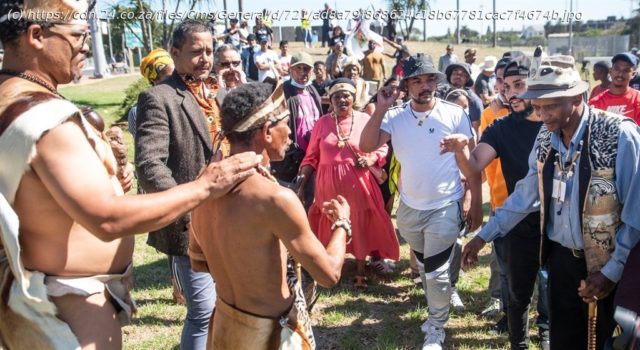Rand – DollarRand – PoundRand – EuroRand – Aus dollarRand – YenGoldSilverPalladiumPlatinumBrent CrudeTop 40All ShareResource 10Industrial 25Financial 15
British monarch Queen Elizabeth II’s death has elicited many polarised responses, in the process allowing the ghosts of the past to resurface.
A Nigeria-born US professor, Uju Anya, tweeted a scathing criticism of the British monarchy, recalling her family’s traumatic experience of colonialism in Nigeria. US billionaire businessman Jeff Bezos wasted no time in joining others on Twitter to pour scorn upon Anya.
Many defended Anya, but soon her university distanced itself from her remarks, demonstrating the influence that the founder of the digital retail company Amazon has.
READ | ANALYSIS: Queen Elizabeth – Monarch who had to adjust to the shift from Empire to Commonwealth
There are a few layers to unpack here here. Amazon finds itself in the middle of controversy in Cape Town, South Africa. The company’s South African headquarters is being constructed on the Liesbeek River, a site of historical and sacred significance to indigenous people of southern Africa. Here precolonial hunter-gatherers were subsisting off the environmental commons, likely making little negative impact on the natural environment. The Liesbeek River is also a site of resistance against colonial dispossession.
From a heritage perspective, much is at stake here for marginalised people. The case – by a local civic organisation along with various indigenous Khoi leaders opposing Amazon’s development – remains tied up in court. Construction is reportedly continuing at the site despite them winning a court interdict against it.
For a scholar like me who has written about copyright, piracy and the ownership of ideas, it is interesting that one of the blueprints for what we now know as colonisation was commons enclosure. In essence, commons enclosure is one of the first steps towards what we now call the privatisation of public resources.
This was the policy the British empire, along with other Western colonisers, brought to Africa, where common land and resources – like the Liesbeek River site today – were enclosed and claimed to serve elite interests. A history of commons enclosure shows how this happened and why the passing of Elizabeth II evokes such painful histories in Africa.
The enclosure of common fields in England between the 1500s and 1700s pushed commoners who lived off the commons – communal land or commonly shared natural resources for purposes like subsistence farming – into a wage labour system by cutting off one of their means of subsistence.
Home
United States
USA — mix OPINION | Adam Haupt: Queen Elizabeth, colonialism and land: ghosts still haunt...






